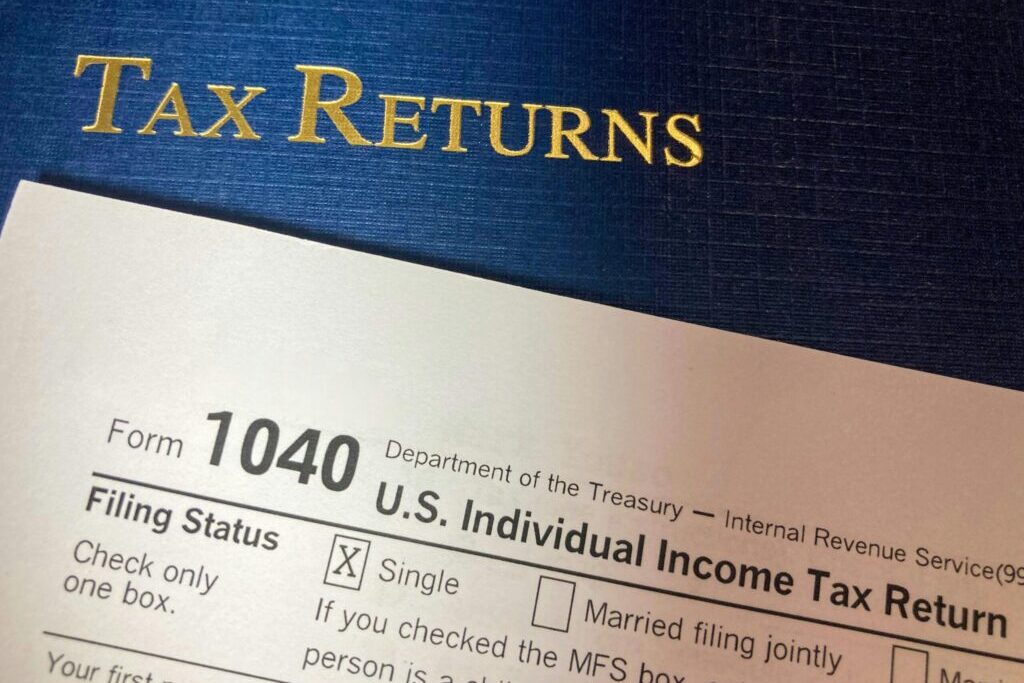
In addition to rights, U.S. citizenship has important obligations that apply to all U.S. citizens. The most important obligation is the obligation to file US tax returns every year, as well as the obligation to declare bank accounts held by US citizens in banks outside the US. The United States is perhaps the only developed country that exercises the right to tax citizens residing outside the country.
US tax law requires most US citizens (and US permanent residents with a green card) who have income to file a US tax return, even if that income is derived from activities that take place outside the US and even if the US citizen permanently resides outside the US. There are some exceptions for those US citizens who have incomes below a minimum threshold – for more details on who is required to file a US tax return, you can see the IRS website at http://www.irs.gov/uac/Do-I-Need-to-File-a-Tax-Return%3F. In general, US citizens who live in Greece and have an annual family income of more than $14,600 (about 13,490 euros) (for unmarried persons) or $29,200 (about 26,980 euros) (for married persons) must file a US tax return. The minimum thresholds are a bit higher for people over 65 and change a bit from year to year, so it’s a good idea to check the IRS website to make sure that a tax return is not required if your income is below the aforementioned thresholds. Income includes wages from paid employment, interest on bank deposits, capital gains from the sale of stock or real estate, etc. It should be mentioned at this point that the obligation to file a tax return in the US does not necessarily mean that there will be a monetary debt to the US government. The so-called “foreign earned income exclusion” exempts from taxation annual earned income up to $126,500 derived from sources outside the US, subject to certain conditions. Also, taxes paid in other countries can be offset and reduce or completely eliminate any tax liability to the US. Finally, Greece and the U.S. have signed the “Double Tax Convention between Greece and the U.S. ” which in certain cases can further reduce any tax liability to the US. In summary, in the vast majority of cases of Greeks with US citizenship who live and work in Greece, filing a tax return in the US does not imply a financial liability. The deadline for filing a US tax return for persons permanently residing outside the US is 15 June of the year following the year for which the return is filed. Those Americans who have not previously filed returns as required must file late returns for the last three years. Lately the US tax authorities have become particularly strict on these matters, and whenever a US citizen applies for a passport renewal, the tax authorities are automatically notified to check whether the citizen is in compliance with his or her tax obligations. So, don’t be surprised if you receive a letter from the IRS a few months after your US passport renewal. More information can be found at http://www.irs.gov/publications/p54/
In addition to the obligation to file US tax returns, the US authorities have imposed an additional obligation on US citizens who maintain bank accounts outside the US with a total balance of more than $10,000. Thus, those US citizens who own or co-own or manage accounts (bank, investment, and so on) outside the US that have an aggregate balance of more than $10,000 on any day of the calendar year must file the deposit return known as FBAR before April 15 of the following year (but there is an automatic extension until October 15). Penalties for those who fail to make the FBAR deposit return are draconian and include up to five years in prison and a fine equal to up to 50% of all bank deposits. More information can be found in the related article or at http://www.irs.gov/Businesses/Small-Businesses-&-Self-Employed/Report-of-Foreign-Bank-and-Financial-Accounts-FBAR.





